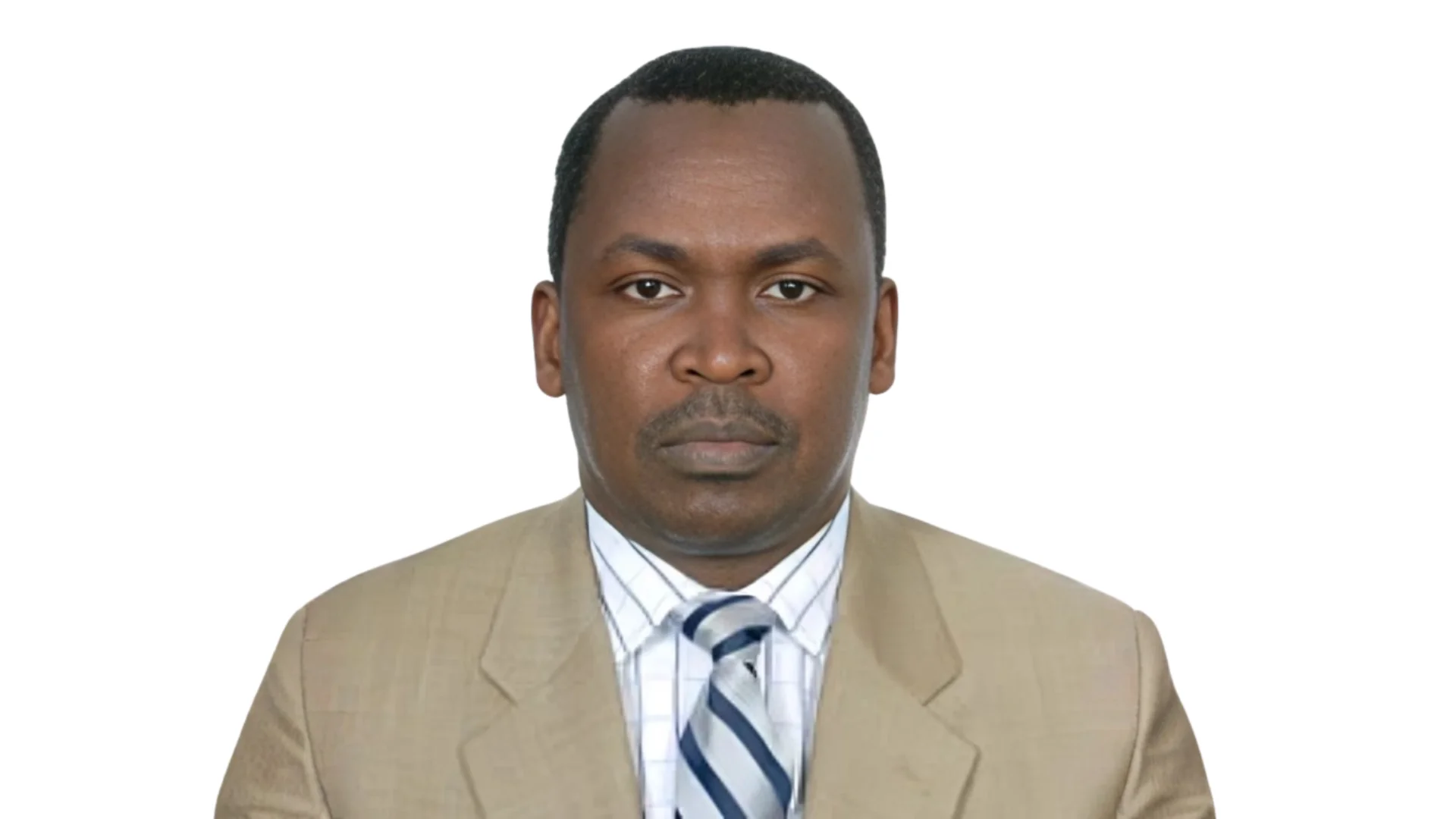After a period of weak economic growth, the Central African Republic is showing signs of moderate recovery, with growth estimated at 1.5% for 2024, according to a recent report from the World Bank. The report attributes this improvement to steady agricultural output, progress in agribusiness, and ongoing strength in tertiary sectors. These developments have been supported by better energy supply towards the end of 2024.
Despite these positive trends, the eighth edition of the Central African Republic Economic Update points out several uncertainties and risks that could affect future growth. Among these are fuel shortages, high energy costs, fragile security conditions, upcoming elections, and tighter financial markets.
The World Bank projects that economic growth in the Central African Republic could reach 2.7% in 2025 and potentially double by 2027 if reforms continue and investments are made to enhance energy infrastructure, develop agribusiness, and promote private sector services.
"There is an urgent need to pursue resource mobilization, particularly through better taxation of the fuel and mining sectors, as well as modernization of the tax system for taxpayers through the E-tax project," said Guido Rurangwa, World Bank Resident Representative for the Central African Republic.
The report also emphasizes leveraging the country's multidimensional wealth—which includes natural resources, produced assets, and human capital—to support sustainable and inclusive growth strategies.
"The Central African Republic could maximize its total wealth by better developing its resources, ecotourism, improving its agriculture, and ensuring optimal grazing land management, while ensuring the protection of key ecosystems," said Robert Utz, Lead Economist at the World Bank.

